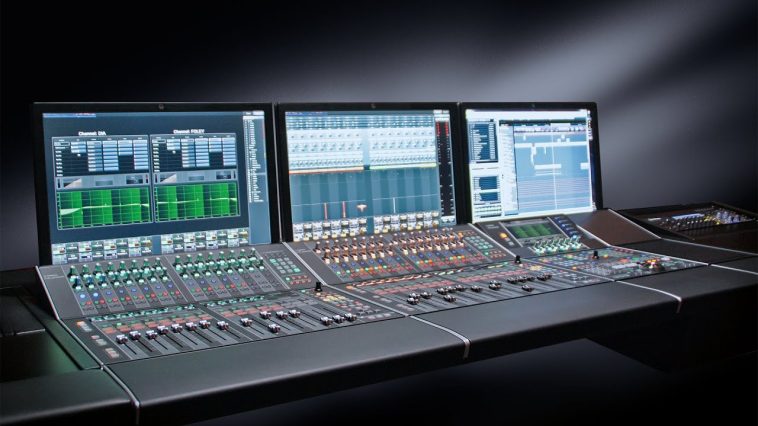Most music production is a CPU-intensive process, so a laptop with very minimal specs is essential. However, with the broad range of models and characteristics available, picking the ideal laptop for you might be challenging.
This article examines the specifications you should consider if you want to use your music workstation to compose music. Here is a list of essential features you should look for in a laptop for music production, from processor speed to storage capacity.
1: CPU (Central Processing Unit)
Your computer’s brain, also known as the CPU or processor, is in charge of all of the most important activities. As it impacts how quickly and how many tasks your computer can accomplish, a laptop’s processing power is essential for music production.
You’ll need a computer with a strong CPU if you’re utilizing a digital audio workstation (DAW) to record many songs or mix tracks.
Users of music applications should be aware of the following significant CPU features:
- Clock speed – Your CPU’s clock speed determines how quickly it can execute instructions.
- Number of cores – It can accomplish more tasks concurrently the more cores it has. Modern processors can contain between four and twelve cores.
2: Memory (RAM)
The more RAM you have, the better, as it is crucial. When your laptop is operating, the RAM fills up with information that your apps and CPU might need to use, enabling quick access to commonly used or useful information.
RAM usage increases as the number of active programs increases. To operate most music production software well, look for a laptop with at least 16GB of RAM.
3: Storage
To reduce the likelihood of running out of storage space while creating music, aim for a minimum storage capacity of 1TB for your music files, samples, and projects.
Storage can be divided into two groups:
- HDD – HDDs are less expensive and offer a bigger data storage capacity than SSDs, although they are slower.
- SSD – Solid State Drives, or SSDs, are drives without moving elements that only store data on semiconductor “chips.” Despite being substantially faster, they cost more than HDDs for the same amount of storage capacity.
4: Ports
You’ll need an audio interface, which connects to the laptop using a USB connection, to interface a laptop with microphones, instruments, and other audio equipment. Additionally, you’ll need USB to connect a keyboard, MIDI pads (for tapping out beats), and DJ controllers if you’re producing music straight on the laptop.
Instead of utilizing a mouse to handle their recording and audio mixing, many music industry professionals prefer to employ control surfaces, which offer a physical interface similar to a mixing board.
5: Operating System
The majority of artistic software applications are optimized for 64-bit operating systems.
32-bit operating systems are no longer useful since they can only run programs consuming a maximum of 4GB of RAM, which is inadequate by today’s standards.
Even if you succeed, the experience won’t be that rewarding, especially after you start using more than a few soft synths or guitar modelers. Most laptops will likely come standard-equipped with a 64-bit operating system nowadays.
6: Screen Size
The user interface of music production software, such as DAWs, is frequently complex, therefore, a large screen is necessary to keep everything in view with little scrolling. Additionally, you can organize DAW windows and fit multiple plugins on the screen at once with a huge display size.
For a quicker workflow, laptops with 17-inch displays should provide you with an excellent picture of your schedule. However, you should choose a laptop with a larger display if you plan to keep an eye on numerous tracks at once.
FAQ
Are gaming computers suitable for making music?
The high-performance technology found in gaming computers, which can handle resource-intensive tasks like audio processing and sequencing, can be useful for music production. Nevertheless, the particular usefulness of a gaming machine for music composition will depend on the hardware and software you are utilizing, as well as your workflow and tastes.
Is cooling important for a computer used for making music?
Regarding CPUs, the issue of cooling is also crucial. Since desktop PCs are often bigger than laptops, they have better cooling options. After all, processors generate a lot of heat. You might have to decide between water cooling and fans.
Both have benefits and drawbacks, but water cooling has an advantage in settings where volume levels are important, such as recording booths, due to its lower noise.
Wrapping Up
Although you can create, mix, and master beautiful music on a laptop, the ideal laptop for music producers may vary depending on the user. CPU, RAM, and storage are some important considerations when choosing.
The choice of a laptop is now yours after learning the essential specifications. However, to be sure your option is the best fit for your needs, research other reviews and characteristics before making any purchases.




